Find a Cardiologist
Fill out a contact form and we’ll call you to refer a doctor.
What Does Stress Do to Your Body?
Life can be quite stressful. What to do? While we strive to be more about solutions than problems, understanding how stress affects our bodies is a first step in awareness. Be on the lookout for physical signs of stress and get the help you need to manage through the seasons of life.
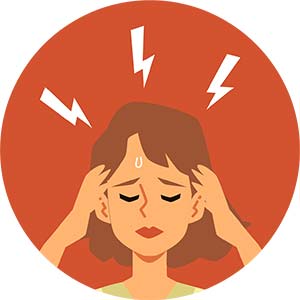 Headaches |
 Difficulty Sleeping |
 Depression, Anxiety |
 Eating Disorders, Increase in Alcohol or Substance Use |
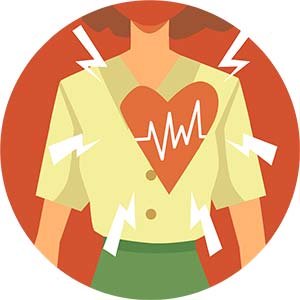 Heart Disease, such as High Blood Pressure |
 Shortness of Breath, Rapid Breathing |
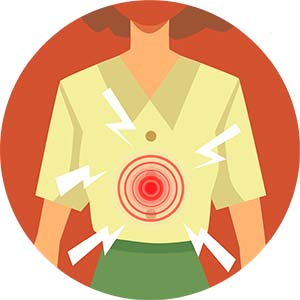 Digestive, Acid Reflux, Nausea |
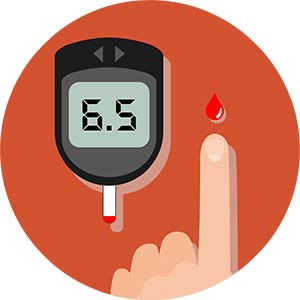 Diabetes |
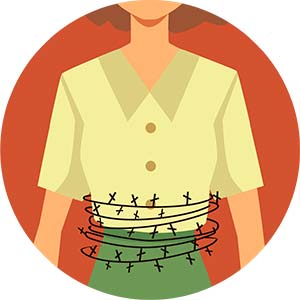 Decline in Sexual Desire or Fertility, Effects on Menstrual Cycles or Menopause |
 Diarrhea, Constipation |
What You Can Do
If you notice one or more ongoing symptoms of stress, please talk with a doctor. Other ways to manage stress:
- Seek out relaxing activities, such as breathing exercises or meditation.
- Get regular exercise, such as 10 minutes of walking, three times a day.
- Stay connected to those who can provide emotional support.
- Set goals. Start as small or basic as you need and be mindful of accomplishments.
- Learn to say “no” if you feel like you’re taking on too much.
Sources:
National Institute of Mental Health
American Psychological Association

